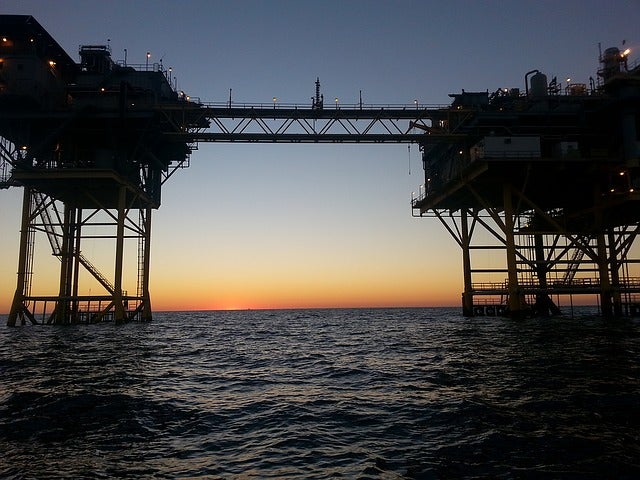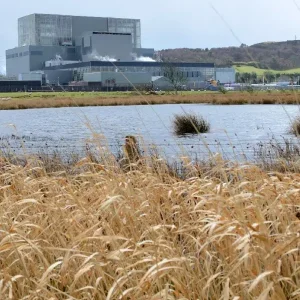
US-based oil and gas company Noble Energy has announced first gas from the Leviathan field located in the eastern Mediterranean Sea off the coast of Israel.
The gas field is operated by Noble Energy which holds a 39.66% stake in the field. Delek Group’s subsidiaries Delek Drilling and Avner Oil Exploration hold a stake of 22.67% each, while Ratio Oil Exploration owns 15% interest in the field.
Discovered in December 2010, the field is situated in 1,645m of water in the Levantine Basin, located nearly 130km west of Haifa, Israel.
FID on the Leviathan field was made in February 2017
The project partners had made the final investment decision on the development of the field in February 2017, with an estimated investment of $3.6bn for phase one. The annual production capacity is estimated to be 1.2 billion cubic feet of natural gas per day.
According to Noble, the first phase of development comprises of four production wells producing through two 18-inch, 117.5km subsea tiebacks to a processing platform.
The Leviathan field is estimated to have recoverable resources of 22 trillion cubic feet (Tcf) of natural gas from 35Tcf of in-place resource, the company added.
Noble Energy chairman and CEO David Stover said: “This is a historic day for Noble Energy. The safe and successful execution of the initial phase of Leviathan development has been world-class, continuing our exceptional track record of major project delivery.
“First gas is online less than three years from project sanction and capital expenditures were $150 million under budget.
“Combined with Tamar, our Israel assets provide a differential production profile and cash flow outlook for Noble Energy far into the future.”
The natural gas from the Leviathan field will help Israel reduce the use of coal in power production. The field will also make Israel a natural gas exporting country for the first time with off-take agreements from Egypt and Jordan.
In July 2019, the Leviathan field partners entered into agreements with Golar LNG and Exmar to conduct front end engineering design (FEED) studies for a proposed floating liquefied natural gas (FLNG) facility for the field.






